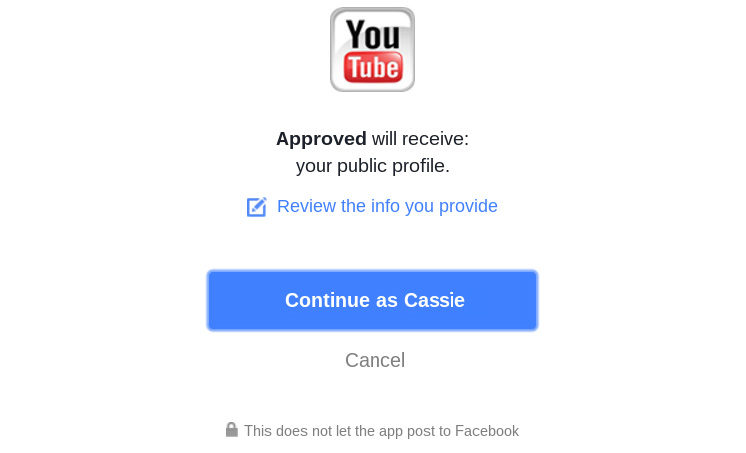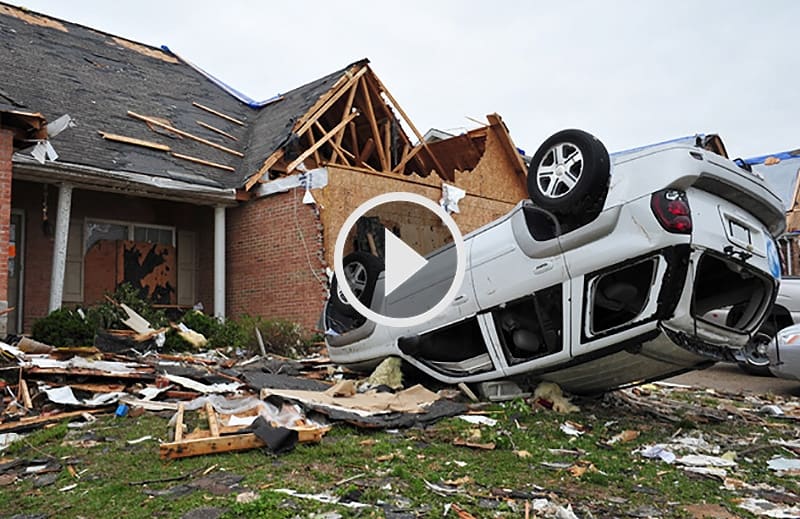How the scam works:
(with video) Over 200,000 people have been evacuated from South Carolina and Florida on Wednesday, as Category 3 Hurricane Matthew left the Bahamas with the direction United States, after also being deadly in Haiti. As Florida Gov. Rick Scott says, "We are preparing for the worst but hoping for the best". Unfortunately, cyber criminals already came up with a horrible scam victimizing — as you're reading this — tens of thousands of people. Hopefully, you won't be one of them. How does the scam work?
Scam Detectors Most Trusted Websites in Online Security
- Guard.io (100): Surf the web safely. Clean up your browser, remove maliscious extensions and check for privacy violations.
- Incogni.com (100): Delete your personal data from the internet and protect against scams and identity theft.
- ExpressVPN (100) Stay secure and anonymous online - Best VPN Out There
Watch the video below to see the Hurricane Matthew Hits Florida scam exposed:
Hurricane Matthew Hits Florida Scam VideoJust like during any other calamity or tragedy, scammers create fake social media campaigns preying on some people's naivety to believe everything they read online. These fake posts claim to offer the reader everything they want to see — specifically exclusive latest news about the disaster. It happened many times before, from Prince's death to the wildfires of Fort McMurray, Canada.
In this particular case, as everyone has been stressfully waiting to see Matthew's trajectory, scammers posted a fake Facebook video that claims the hurricane already hit the United States. The clip, warning of graphic imagery, comes with the title: "CNN video footage: Hurricane Matthew just hit South Florida – Over 200 people dead, 300 missing". The main image is stolen from the Internet.

The video is linked to questionable websites that are known for spreading the rumors about celebrities' deaths and other fake breaking news. It is not just one website, but a few, so in case one of them is reported they still have a few back-ups.
As the Hurricane Matthew story is published under a wide range of URLs using different Facebook apps, you are lured into giving a scammy app permission to view and post to your Facebook page. This way, the fake post circulates on social media and allows the site to scrape your (and other users') personal information.

How to avoid the Hurricane Matthew Hits Florida scam:
There have been so many similar scams that maybe you should know by now that every time a major disaster hits, so do the scammers. However, make sure you only read your latest news about the Hurricane Matthew only from reputable wesbites: the real CNN, NBCNews, USA Today, and, of course, the Weather Channel. You can also watch a Hurricane Matthew tracking map here.
How to report the Hurricane Matthew Hits Florida scam:
Make your family and friends aware of this scam by sharing it on social media using the buttons provided. You can also officially report the scammers to the Federal Trade Commission using the link below:
Report Scammers To The FTC Here
How to protect yourself more:
If you want to be the first to find out the most notorious scams every week, feel free to subscribe to the Scam Detector newsletter here. You'll receive periodical emails and we promise not to spam. Last but not least, use the Comments section below to expose other scammers.
<














